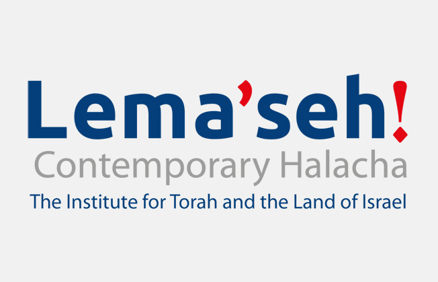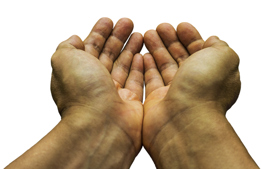Katz Prize 5777-2017

The committee's reasons for awarding the Katz prize to Torah VeHa'aretz Institute on Tammuz 5777, July 2017.
Click here for the PDF file with the signatures
A considerable number of Biblical commandments are called mitzvot hateluyot ba'aretz, commandments dependent on the Land of Israel, since they can only be fulfilled in the land of Israel. Over the years that the Jewish People were in the Diaspora, very few posekim discussed these commandments in a practical fashion for two reasons: Jewish people, at large, did not live in the Land of Israel and the small number who did were not farmers.
Once the Jewish people began returning to their land, after two-thousand years of yearning and longing, the pioneers began working in agriculture, plowing and reaping. Together with the renewal of the settlement of the land, came new questions regarding how to farm in accordance with Jewish law. As the first sabbatical year (shemitah) drew near, the pioneers sent a question to their contemporary posekim: were they obligated to leave the land fallow for the year of shemitah? This move could devastate the small agriculture-dependent Jewish settlement. This led to a major debate among the great Jewish thinkers of the time concerning whether agricultural word could continue during shemitah if the land is sold to a non-Jew, which would eventually be known as heter mechirah. So too, posekim needed to address issues such as the laws of ma'aser rishon (first tithe), ma'aser sheni (second tithe) and ma'aser ani (poor tithe). As the Jewish population grew and the State of Israel was founded, such questions such as these became increasingly common.
Stemming from a deep love for the land of Israel and the Torah, Torah VeHa'aretz Institute (The Institute for Torah and the Land of Israel) was founded in 1986, to provide guidance regarding the land-dependent mitzvot for farmers and consumers.
Torah VeHa'aretz Institute was initially founded in Kfar Darom, Gush Katif, under the guidance of Rabbi Yaakov Ariel and headed by Rabbi Yigal Kaminetzky and Rabbi Yehuda HaLevy Amichay, leading Torah scholars who are veteran experts in the field, also knowledgeable in scientific innovations and agrotech.
Besides halakhic research on the land-dependent mitzvot, the institute probes cutting-edge methods to implement them, alongside educating the public on these topics. Torah VeHa'aretz Institute works closely with scientists and agronomists and stays abreast on the latest agrotech solutions.
Torah VeHa'aretz Institute also deals with the hot topic of sustainability, striking the balance between human needs and caring for the environment, dealing with matters such as green agriculture, reducing pesticides, water conservation, and preventing animal cruelty. The institute has helped develop methods to grow insect-free vegetables. In addition, the institute's rabbis introduce growers to growing platforms that are disconnected from the ground. Using these platforms can solve many halachic problems, such as the orlah prohibition, shemitah, and other land-dependent mitzvot.
Torah VeHa'aretz Insitute activities include publishing essays and halachic books on a variety of subjects; a school-on-wheels, Midreshet HaTorah VeHa'aretz, exposing children to the land-dependent mitzvot; and gives lectures to adults - to teachers, farmers, and the general public - on this and related topics. Midreshet HaTorah VeHa'aretz also produces films and games that foster the bond to the land of Israel among children in Israel.
Today, the Institute operates from Nitzan, near Ashkelon, servicing all of Israel: answering questions from all over the country and strengthening Israeli agriculture and our stronghold on the holy Land of Israel.
The Rabbis of Torah VeHa'aretz Institute, full of the love of the land, are utterly devoted Zionists, who work tirelessly to find halachic solutions to help farmers observe the land-dependent mitzvot in an economical, successful fashion. Its rabbis and agronomists work constantly to implement halachah in modern-day life in the most practical sense.
In consideration of the above, the selection committee has decided to award Torah VeHa'aretz Institute the Katz Award for 5777 (2017).
Professor Menahem Ben-Sasson, Rabbi Haim Sabato, Rabbi Adin Even-Israel (Steinsaltz)




